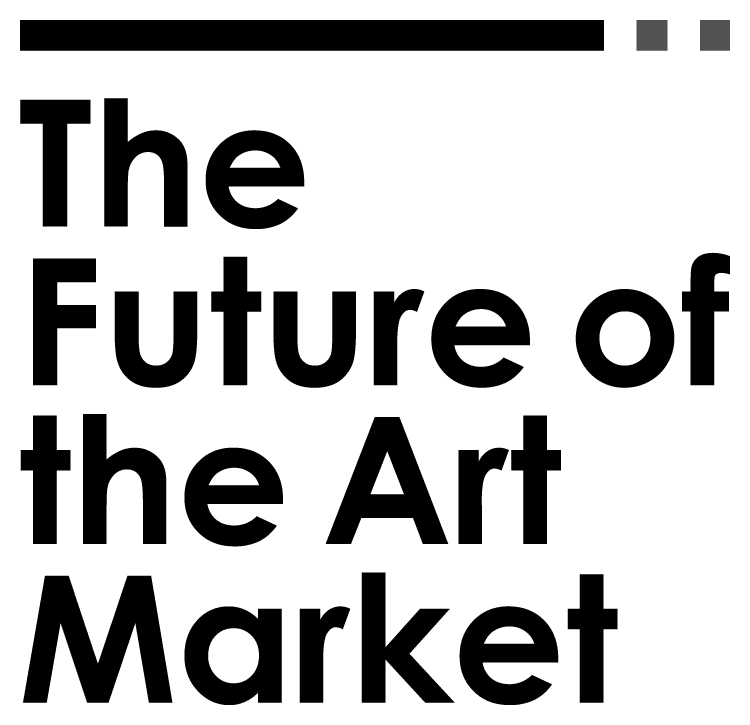[eltdf_highlight background_color=”#ff0000″ color=””]Redistributing Power[/eltdf_highlight]
[eltdf_highlight background_color=”#ff0000″ color=””]The Art Market is Structured Like a Plantation[/eltdf_highlight]
How can value in the art market be reconfigured beyond the plantation? What do fugitive art economies look like?
Helen Starr was joined by guests to draw a comparison between the cultural economy that contemporary art now inhabits and the unsound, extractive logic of the colonial plantation system. Together, we contemplated the critical implications that these economies have on the artworld and its institutions.
Watch the recording of the discussion in full via the video below.
Panel discussion on 29 October 2020
Co-convened by Helen Starr
Speakers:
Helen Starr, Cultural Activist, Producer, Curator; ruangrupa, Indonesian Collective; Louise Fedotov Clements, QUAD, FORMAT International Photography Festival and Salma Noor, Artist/Designer, Founder of Black Womxn’s Conference
But ’tis a lovely sight to see a hundred handsome Negroes, men and women, with every one a grasse-green bunch of these fruits on their heads, every bunch twice as big as their heads, all coming in a train one after another, the black and green so well becoming one another. A True and Exact History of The ILand of Barbadoes, Richard Lignon (1657)
In the midst of Covid-19 turmoil, Black Lives Matter protests have brought into sharp focus the imperial visuality of the mainstream artworld; art’s entanglement with the extractive power of privilege and status allows only a select few to reap the benefits of this predominantly white, subjective, plantation-like system.
For this event, Afro-Carib art producer Helen Starr positions the contemporary art market in relation to plantation economics, drawing comparison between the cultural economy that contemporary art now inhabits and the alienating, extractive logic of the colonial plantation system. The current culture system harvests artworks from the fields of exotic ideas, which are processed by well-spoken gatekeepers and sold across the world. Whitewashed and picked clean, this plantation art fits perfectly onto white walls. Art which is too radical, too different, too BIPOC, too trans, too female, too queer or crippled is left behind like refuse.
Refused art and Refused cultural workers transform refuse into Refusal politics. To refuse to sit and eat at the plantation table becomes a radical act of system transformation. Fugitive artworkers form fugitive communities which share wealth across geo-political borders. And discarded detritus once refused becomes magic in the hands of those who create for themselves and for people othered like them.
How can value in the art market be reconfigured beyond the plantation? What do fugitive art economies look like?
Together, through the lens of plantation and fugitive economics, this event contemplated the critical implications these economies have on the artworld and its institutions, shining a light on cultural workers who are spearheading the shift beyond this dominant model.
Ahead of the event, Co-Convener Helen Starr shared work created by artists Anna Bunting-Branch and Salma Noor.
This is a 360-degree film, if your browser does not support that please view it on Vimeo
An Alien Plantationocene
Anna Bunting-Branch, Warm Worlds and Otherwise—META, 360-degree video with sound by Aliyah Hussain, 15 minutes, 2019
META (2019) is an experimental 360-degree animation that uses digital technology to transform hand-painted characters, props and backdrops into an immersive virtual storyworld. As the viewer is transported between virtual environments – from an unknown planet to a restaurant orbiting in space and beyond – we inhabit the bodies of different human and non-human characters in the narrative. Imagined as an expanded work of fanfiction, META draws inspiration from a wide range of sources including feminist science fiction stories by Naomi Mitchison and Aliette de Bodard, the philosophy of Luce Irigaray and Jakob von Uexküll, and painters Maria Lassnig and Maria Sibylla Merian.

17th century Europeans believed that capitalism would make the world a better place. This resulted in chattel slavery, an economic policy which emerged to support the plantations in the Atlantic world. However, as plantation economist Lloyd Best (1934 – 2007), stated:
that is a universal problem
This profound perspective finds a symbol in the DADA movement’s rejection of the plantation logic, structure and behaviour patterns of capitalism. Dadaists proposed an alternate art market model with the development of the readymade, “An ordinary object elevated to the dignity of a work of art by the mere choice of an artist“, and Duchamp’s Boite en Valise – the portable museum.
Image: DAAD FUTURISM GIF by Salma Noor, 2020
Share your reflections
Use #FOTAMUK to view or share in the discussions around this subject on social media.

About Helen Starr
Helen Starr is an Afro-Carib cultural activist, producer and curator. She began curating exhibitions with artists such as, Susan Hiller, Cindy Sherman and Marcel Duchamp in 1995. She founded The Mechatronic Library in 2010, to enable marginalised artists to work with technologies such as Artificial Intelligence (AI), Virtual & Augmented reality etc. Helen has commissioned projects from artists such as Rebecca Allen, Danielle Braithewaite-Shirley, Anna Bunting Branch, Megan Broadmeadow, Aliyah Hussain and Salma Noor. Starr’s focus is on the wellbeing of local communities and she believes speculative artworks can provide a glimpse of a future filled with hope. She is also the co-founder of Daad Futurism.
Speakers
Louise has been the Artistic Director of QUAD, a centre for contemporary art, film and new technologies in Derby UK since 2001, and the Director of FORMAT International Photography Festival, which she co-founded in 2004. As an independent curator she has initiated commissions, publications, mass participation, and exhibitions of art, film, and photography. She is also a regular juror, portfolio reviewer, workshop leader, speaker, and award nominator throughout Europe, America and Asia.Fedotov Clements has served as a curator for a number of leading international photography festivals, including Habitat Centre and Hauz Khas BlowUp, Delhi, India; Dong Gang Photography Festival, South Korea; Dali Photography Festival, China; Noorderlicht 20/20, Groningen, Netherlands; Photoquai Biennale,Paris and Photo Beijing, China.
Salma Noor is a multi-disciplinary artist currently producing digital collages and GIFs. Her work uses punchlines and incorporates the compositional qualities of dereliction. She is interested in colour combinations, architectural spaces and black popular culture. She is the founder of the Black Womxn’s Conference; she is also a member of the Radical Womxn’s DANCE Party and the in house designer.
ruangrupa is a Jakarta-based collective established in 2000. It is a non-profit organization that strives to support the idea of art within urban and cultural context by involving artists and other disciplines such as social sciences, politics, technology, media, etc, to give critical observation and views towards Indonesian urban contemporary issues. ruangrupa also produce collaborative works in the form of art projects such as exhibition, festival, art lab, workshop, research, as well as book, magazine and online-journal publication. The collective has participated in many cooperation and exhibition projects, including the Gwangju Biennale (2002 und 2018), the Istanbul Biennale (2005), the Asia Pacific Triennial of Contemporary Art (Brisbane, 2012), the Singapore Biennale (2011), the São Paulo Biennale (2014), the Aichi Triennale (Nagoya, 2016) and Cosmopolis at Centre Pompidou (Paris, 2017). In 2016, ruangrupa curated TRANSaction: Sonsbeek 2016 in Arnhem, the Netherlands. In 2018, the participants founded GUDSKUL, an educational and networking project for creatives based on cooperative work. In 2019, the collective were chosen to lead the artistic direction of documenta 15.


